Africa’s creative industries have grown rapidly in recent years, as its music, films and fashion increasingly attract a global audience.
The United Nations Conference on Trade and Development defines creative industries as comprising a wide range of areas: arts and crafts; audiovisual media (film and TV); design (architecture and fashion); new media (video games); performing arts (musical instruments); publishing (books, newspapers); and visual arts (photography sculpture).
Cultural industries are increasingly intertwined with and dependent on technology and innovation. A striking example is Africarare, the first South African metaverse, which debuted in October 2021. According to reports, Africarare encompasses a digital world called Ubuntuland that provides an immersive virtual reality experience that includes an art marketplace for non-fungible tokens.
Another example illustrates how creative-sector technologies can be applied in other spheres. Mobihealth–a Nigerian subsidiary of an international telemedicine firm–is rolling out kiosks that incorporate virtual reality technology to offer primary healthcare to underserved Africans, exploiting a market gap.
Data from the United Nations Conference on Trade and Development (UNCTAD) indicates that the global market for creatives is booming. Between 2010 and 2020, global exports of creative goods rose from $419 billion to $524 billion. Creative services–advertising, market research, engineering, design and other creative services–rose even more sharply, from $487 million to $1.1 billion during the same period.
UNCTAD posits that technological advances linked to the Fourth Industrial Revolution can drive the sector’s growth still higher. These innovations include 3-D, artificial intelligence, augmented and virtual reality, and the internet of things.
African countries and businesses are not yet taking full advantage of these technologies, partly because of a weak regulatory environment and low levels of investment in digital infrastructure. The African Development Bank projects that annual expenditures of $9 billion will be needed through 2030 to close the infrastructure gap.
Priority areas for investment include cloud and data center and broadband infrastructure; digital services, including agritech and health-tech; training and human capital in the form of entrepreneurship and startups; and strengthening the regulatory environment.
This is where the Africa Investment Forum comes in. An initiative of the African Development Bank and seven partners, the Forum crowds in private sector financing for transformative projects with developmental impact across Africa.
The Africa Investment Forum prioritizes sectors that can help African economies fend off the triple challenges associated with lingering Covid-19 impacts, Russia’s war in Ukraine, which has spurred spikes in food and fuel prices, and climate change.
The Africa Investment Forum will hold its Market Days 2022 in Abidjan, Côte d’Ivoire, from the 2nd to 4th of November. Creative industries will be a key priority sector, with fashion, film and textile projects expected to feature. Transactions in the digital and communications infrastructure sector–a critical component of developing creative industries–are also likely to feature.
Recognizing the important economic and cultural value of creative industries, the Africa Investment Forum partner institutions have set up dedicated initiatives to support creative industries.
In 2020, Afreximbank announced a $500-million Creative Industry Support Fund to provide lines of credit to banks as well as direct financing to operators.
And in late 2021, the African Development Bank extended a loan of $170 million to digital and creative enterprises in Nigeria. The bank has also launched Fashionomics, a flagship initiative to support the growth of African micro-, small and medium-sized enterprises in the creative industries, especially in fashion.
The Africa Investment Forum also draws on the convening power of its eight members to generate knowledge and research to support governments in undertaking key regulatory reforms and institution-building in support of private sector investment.
Market Days 2022 will also feature deals in the energy, transport, infrastructure and agribusiness sectors, as well as transactions that benefit women considerably.
The transactions will be sourced from the investment pipelines of the platform’s eight founding partners. They are the African Development Bank, Africa 50; the Africa Finance Corporation; the African Export-Import Bank; the Development Bank of Southern Africa; the Trade and Development Bank; the European Investment Bank; and the Islamic Development Bank.
Since its inception in 2018, the Africa Investment Forum platform has mobilized investment interests in excess of $100 billion.
Read the original article on African Development Bank (AfDB).
